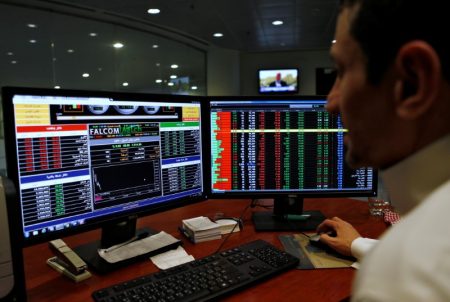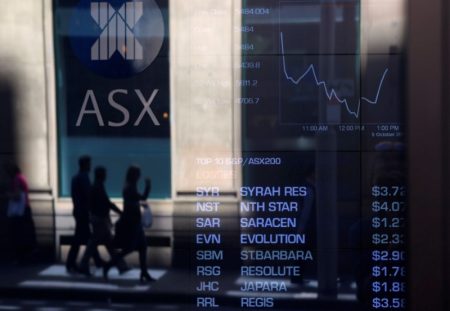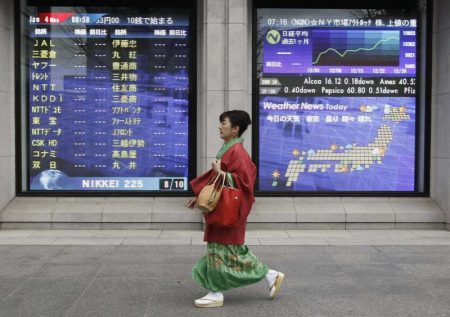Vice President Harris was asked on Sunday about how she plans to pay for the portion of her economic plan that was released last week and said that the “return on investment” from her spending plans should be the focus of the public policy debate, rather than the cost to taxpayers.
Harris was asked by a reporter about how she plans to finance the economic policies she unveiled and responded: “Sure, well I mean, you just look at it in terms of what we are talking about, for example, around children and the Child Tax Credit and extending the [Earned Income Tax Credit]. That is at $6,000, for the first year of a child’s life. The return on that investment, in terms of what it will do and what it will pay for, will be tremendous. We’ve already seen it when we did it in the first year of our administration, reduced child poverty by over 50%.”
“So that’s a lot of the work. And then what we’re doing in terms of the tax credits, we know that there’s a great return on investment. When we increase homeownership in America, what that means in terms of increasing the tax base, not to mention your property tax base, and what that does to fund schools. Again, return on investment,” Harris explained.
“I think it’s a mistake for any person who talks about public policy to not critically evaluate the return on investment. When you are strengthening neighborhoods, strengthening communities, and in particular the economies of those communities, and investing in a broad-based economy everybody benefits, and it pays for itself in that way,” Harris said.
HARRIS’ ECONOMIC PLAN WOULD ADD OVER $1.7T TO NATIONAL DEBT: CRFB
Harris’ response was highlighted on FOX Business Network’s “The Big Money Show” in a discussion with David Bahnsen, the founder, managing partner and CIO of The Bahnsen Group.
“Platitudes are the norm from politicians these days – this is really bad, just saying ‘return on investment’ over and over again,” Bahnsen said, adding that he’s critical of both parties for ignoring federal budget deficits, the growth of the national debt and not addressing the surge in entitlement spending.
U.S. ECONOMISTS LIST TOP ELECTION ISSUES: NABE
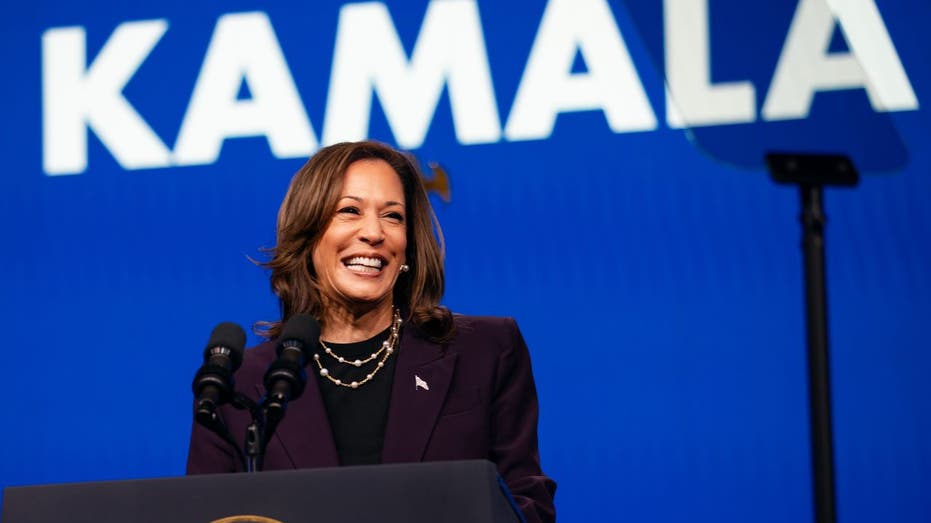
“You say words like ‘return on investment,’ what it does is it obfuscates this public-private distinction,” Bahnsen explained. “We can talk about return on investment in my world because we have one – we can measure it, we’re accountable to it, and the person who bears the risk also achieves the reward.”
“Return on investment in the public sphere is a very disingenuous vocabulary, because whoever is taking the risk is not who is receiving the reward. The economic actors are all mixed up,” he added.
HOME BUILDERS TELL VP HARRIS HER HOUSING PLAN NEEDS TO ADDRESS REGULATORY BARRIERS
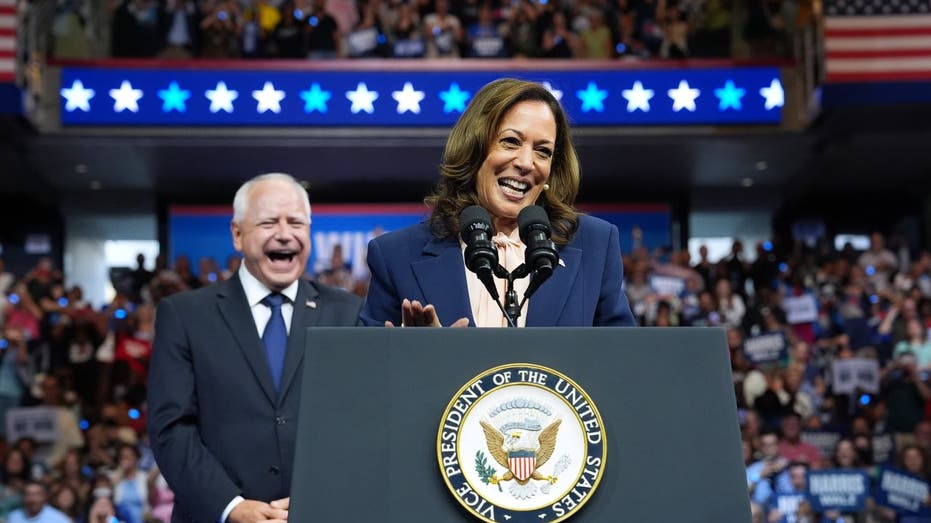
The nonpartisan Committee for a Responsible Federal Budget (CRFB) analyzed Harris’ proposal and found that the tax credits and subsidies under the plan would add at least $1.7 trillion to federal deficits over the next decade. That figure would rise to $2 trillion if her housing policies, which were billed as temporary, are eventually made permanent.
Harris had previously adopted ending taxes on tips, a policy initially endorsed by her electoral rival, former President Trump, and a minimum wage increase to her platform. CRFB projected those policies would add another $100 billion to $200 billion to the deficit over the next decade.
CRFB noted that Harris’ campaign said it supports all tax revenue-raising provisions in President Biden’s fiscal year 2025 budget, though it didn’t specify how her latest proposals would be financed.
FOX Business reached out to Harris’ campaign.
Read the full article here



